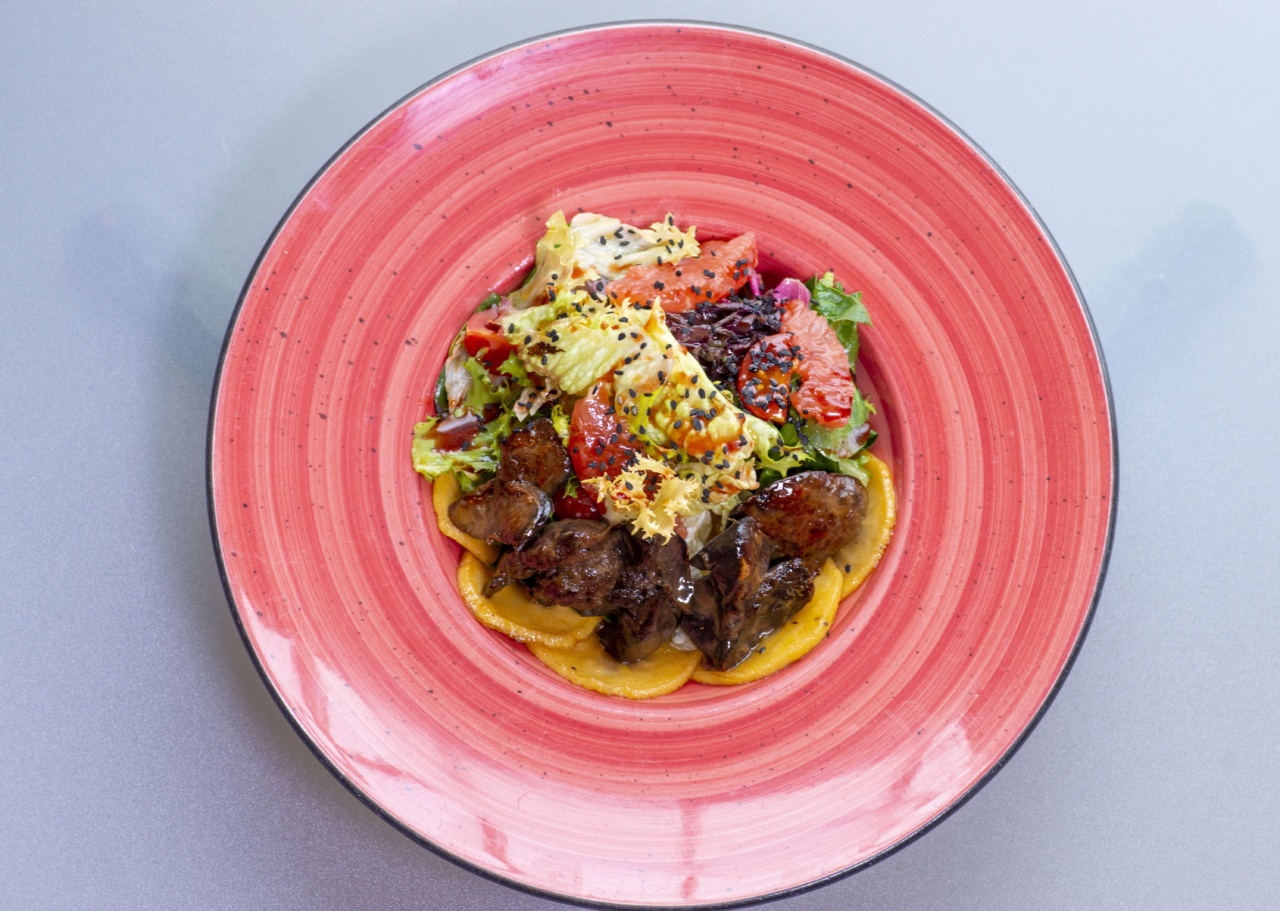Red meat is a staple food in many cultures around the world. It is a good source of protein, iron, and other essential nutrients. However, consuming too much red meat can have negative effects on health, particularly on the liver.
The liver is responsible for regulating the body’s metabolism, processing nutrients, and removing harmful toxins from the body. Let’s take a closer look at how the liver responds to increased consumption of red meat.
What is red meat?
Red meat is a term used to describe meat that comes from mammals, such as cows, pigs, lambs, and goats. It includes beef, pork, lamb, and veal. Red meat is high in protein, iron, zinc, and other essential nutrients.
However, it is also high in saturated fat and cholesterol, which can increase the risk of heart disease, stroke, and other health problems.
How does the liver process red meat?
The liver plays a crucial role in processing red meat. When we eat red meat, the liver breaks down the protein into amino acids, which are used to build and repair muscle tissue.
The liver also metabolizes the fat in red meat, producing energy and cholesterol. But if we eat too much red meat, the liver can become overwhelmed, and its ability to process nutrients and remove toxins can be compromised.
What happens when we eat too much red meat?
Research indicates that excessive consumption of red meat can increase the risk of several health problems, including liver disease.
When we eat too much red meat, the liver has to work harder to process the protein and fat, and this can lead to inflammation and damage to liver cells. Over time, this can lead to fatty liver disease, a condition where excess fat accumulates in the liver.
What are the symptoms of liver damage?
Liver damage can be difficult to detect, as the liver has a significant reserve capacity. However, over time, if liver damage persists, it can lead to symptoms, such as:.
- Jaundice (yellowing of the skin and eyes)
- Swelling in the abdomen and legs
- Extreme fatigue and weakness
- Nausea and vomiting
- Loss of appetite and weight loss
How can we protect the liver from damage caused by red meat?
There are several steps we can take to protect the liver from damage caused by excessive consumption of red meat:.
- Limit red meat intake: The American Cancer Society recommends limiting red meat intake to no more than three servings per week.
- Avoid processed meat: Processed meats, such as hot dogs, bacon, and some lunch meats, can be high in salt, fat, and preservatives, and should be avoided.
- Choose lean cuts of meat: Opt for lean cuts of meat, such as sirloin, tenderloin, and round roast, which are lower in fat.
- Balance protein intake: It’s important to balance protein intake with other macronutrients, such as carbohydrates and healthy fats.
- Maintain a healthy weight: Excess body weight can increase the risk of liver disease, so it’s important to maintain a healthy weight through diet and exercise.
- Avoid excessive drinking: Drinking alcohol excessively can damage the liver, so it’s important to limit alcohol intake.
The bottom line
Red meat is a nutritious food, but too much of it can be harmful to the liver. By limiting red meat intake, choosing lean cuts of meat, and maintaining a healthy weight, we can protect the liver from damage caused by excessive consumption of red meat.































